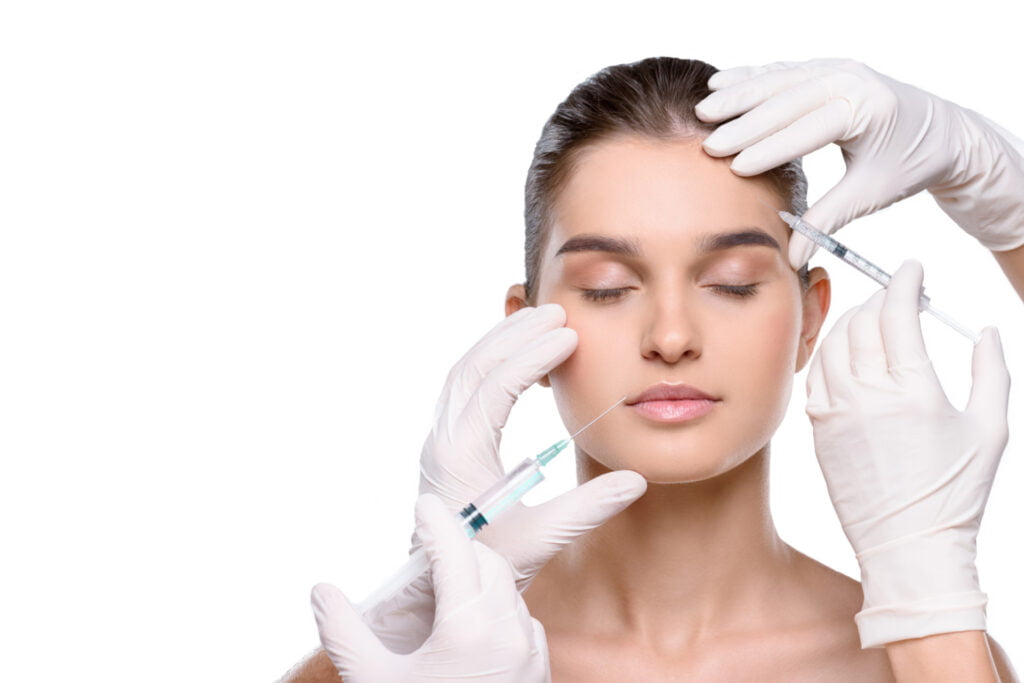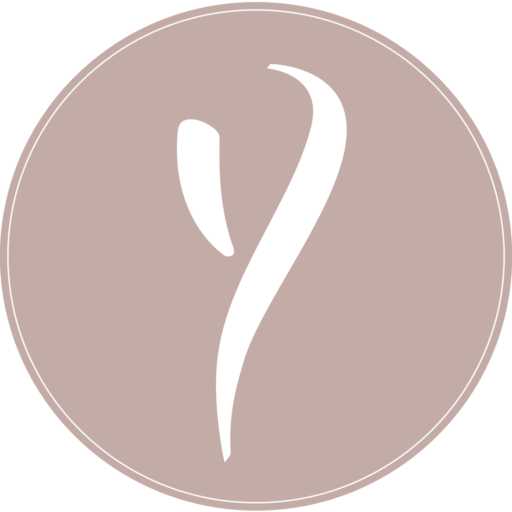The landscape of beauty standards is in a constant state of flux, influenced by myriad factors including culture, technology, and generational shifts. Within this dynamic environment, the emergence of Generation Z has brought about a profound reevaluation of traditional notions of aging and beauty.

As a specialist deeply immersed in the field of nonsurgical cosmetic treatments, I’ve had the privilege of witnessing firsthand how Generation Z’s unique relationship with technology and social media has contributed to what appears to be a phenomenon of accelerated aging.
While anxiety about aging is not uncommon, there’s been a recent uptick in distress among some Generation Z members. Social media has been abuzz with posts circulating a provocative theory: Gen Z is likened to “aging like milk,” which is a concerning deterioration to say the least.
I read a New York Times editorial piece recently, with an alarming and clear headline: Why Does Generation Z Believe It’s ‘Aging Like Milk’?
In this extensive exploration, we’ll delve into the multifaceted factors shaping Generation Z’s rapid aging, offering insights gleaned from professional expertise and personal observations.
Understanding Generation Z’s Perspective on Cosmetic Enhancement
Generation Z, born into a digital era characterized by unprecedented connectivity, has experienced a paradigm shift in their perception and pursuit of beauty. Unlike preceding generations, Gen Z has come of age in a world where cosmetic treatments are not only readily accessible but also widely embraced as tools for self-expression and empowerment. From injectables to laser therapies, nonsurgical procedures have become integral components of their beauty repertoire, enabling them to sculpt their appearance in alignment with their evolving ideals. Central to this trend is the pervasive influence of social media, where platforms like Instagram and TikTok serve as virtual showcases for an aspirational beauty standard that propels young individuals to seek enhancements at increasingly tender ages.
Moreover, the democratization of cosmetic knowledge through online influencers and communities has empowered Gen Z to navigate the labyrinthine landscape of aesthetic treatments with newfound confidence and autonomy, fostering a sense of agency over their appearance that was hitherto unprecedented. This empowerment extends beyond mere physical transformations to encompass a broader reclamation of identity and self-expression in an increasingly image-centric society.
Exploring Technological Advancements in Cosmetic Procedures
Technological innovation lies at the heart of the transformative journey that Generation Z embarks upon in their quest for aesthetic perfection. The advent of cutting-edge technologies has ushered in a new era of nonsurgical treatments, offering levels of efficacy and convenience previously deemed unimaginable. From state-of-the-art laser therapies targeting specific skin concerns to minimally invasive procedures promising instantaneous results with negligible downtime, the options available to Gen Z are as diverse as they are transformative.
Virtual consultations and augmented reality tools further enhance the patient experience, providing individuals with immersive previews of potential outcomes and fostering a sense of empowerment and informed decision-making. Furthermore, the role of technology extends beyond treatment delivery to encompass the democratization of cosmetic care, making procedures more affordable and accessible to a broader demographic. This democratization has not only expanded the reach of cosmetic treatments but has also challenged traditional hierarchies of attractiveness, promoting a more inclusive and diverse beauty narrative.
Dispelling Misconceptions About Gen Z’s Aging
Despite prevailing narratives attributing Generation Z’s rapid aging to stress and societal pressures, a more nuanced examination reveals a multifaceted reality far removed from such simplistic characterizations. While stress undeniably permeates the lives of many young individuals today, it alone fails to encapsulate the myriad factors driving the widespread adoption of cosmetic treatments among Gen Z.
Rather, it is imperative to acknowledge the profound cultural shifts and evolving beauty norms that have propelled cosmetic enhancement into the mainstream, transforming it into a form of self-care and self-expression rather than a mere response to external pressures or insecurities. By reframing the discourse surrounding accelerated aging, we can cultivate a deeper understanding of the complex motivations and aspirations that underpin Gen Z’s fervent embrace of aesthetic treatments, fostering a more empathetic and inclusive dialogue that transcends facile generalizations.
Moreover, it’s essential to explore the psychological and emotional dimensions of Generation Z’s relationship with cosmetic enhancement. In a world where appearance is increasingly equated with self-worth and social validation, young individuals face immense pressure to conform to unattainable beauty standards. Cosmetic treatments offer a semblance of control and agency in a society that often feels overwhelming and judgmental, providing individuals with a means of reclaiming ownership over their bodies and identities.
However, it’s crucial to acknowledge the potential risks and drawbacks associated with cosmetic procedures, including unrealistic expectations, body dysmorphia, and dependence on external validation. By fostering open and honest conversations about the complexities of cosmetic enhancement, we can create a supportive environment where individuals feel empowered to make informed decisions about their appearance without succumbing to societal pressures or unrealistic ideals of beauty.
Embracing Informed Decision-Making
As a practitioner committed to the principles of patient-centered care, my mission extends far beyond the mere provision of cosmetic treatments to encompass the empowerment of my patients, particularly those belonging to Generation Z. Through open dialogue, personalized guidance, and comprehensive education, I endeavor to equip individuals with the knowledge, resources, and tools they need to make informed decisions about their appearance.
By fostering a collaborative partnership built on trust, respect, and mutual understanding, I strive to create a supportive environment where each patient feels empowered to embrace their unique beauty and express themselves authentically, free from societal constraints or external pressures.
Conclusion
The phenomenon of Generation Z’s swift aging represents a convergence of societal, technological, and individual factors that have reshaped the landscape of beauty and aging in the digital age. By unraveling the intricacies of this phenomenon and embracing a more holistic understanding, we can pave the way for a future where individuals are empowered to navigate their cosmetic journey with confidence, self-assurance, and authenticity.
As a specialist in nonsurgical cosmetic treatments, I remain steadfast in my commitment to providing safe, effective, and empowering solutions that enhance the natural beauty of each patient while honoring their individuality and unique aspirations. Together, let us continue to champion authenticity, inclusivity, and self-expression as we chart a course towards a more balanced, equitable, and empowering approach to beauty that celebrates the diversity of human experience and expression.

